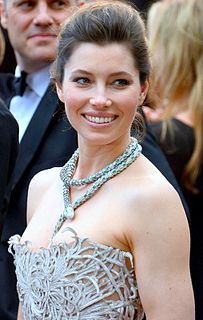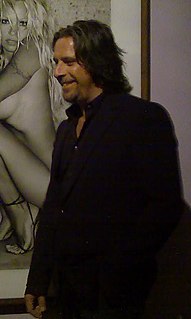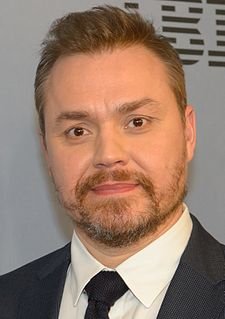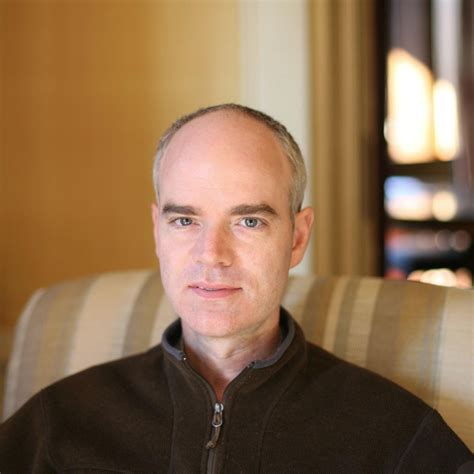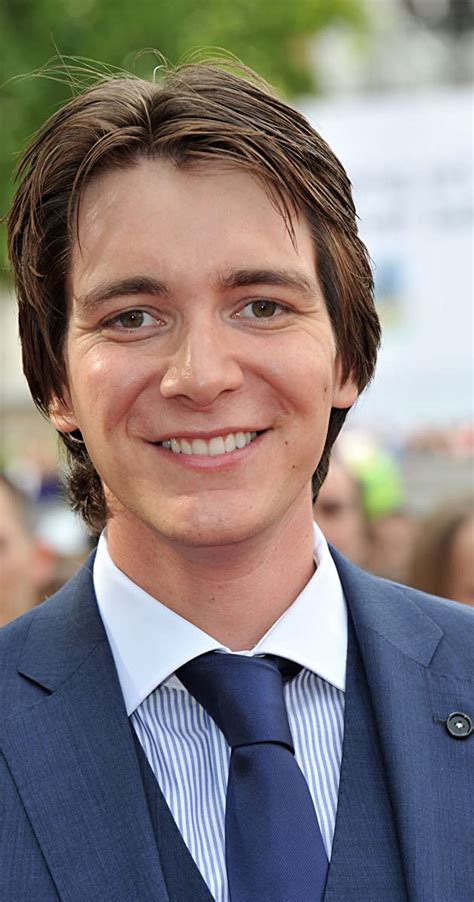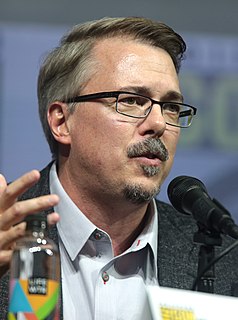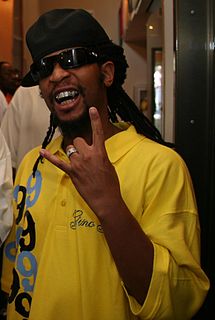A Quote by Wong Kar-wai
For 'Chungking Express,' the way we shot the film was all handheld and with all this existing light, and that became very popular. Everybody thought it was cool.
Related Quotes
Silence Of The Lambs? is a ?fantastic? film. It's a horror film, and it's an incredibly well-told film that is about point of view in such a unique way. The way that film is shot, the way the eyelines are so close, if not directly into camera, betrays an intimacy with the characters and the audience.
We shot 'Breaking Bad' on film; we capture 'Better Call Saul' digitally. In the shooting of 'Breaking Bad,' we would have this steady, handheld, cinema verite sort of look, so we purposely went the opposite way with 'Better Call Saul' - locked in the cameras and made the movements smoother and more mechanical.
If I'm ever working on a set and anyone talks about a master shot, I say there is no master shot. Before I even went to film school, I learned about movies by being in a British feature film, where everything was shot master shot, mid-shot, close-up. But I reject the idea of a master shot. You don't shoot everything mechanically; you find imaginative ways that serve the action.


